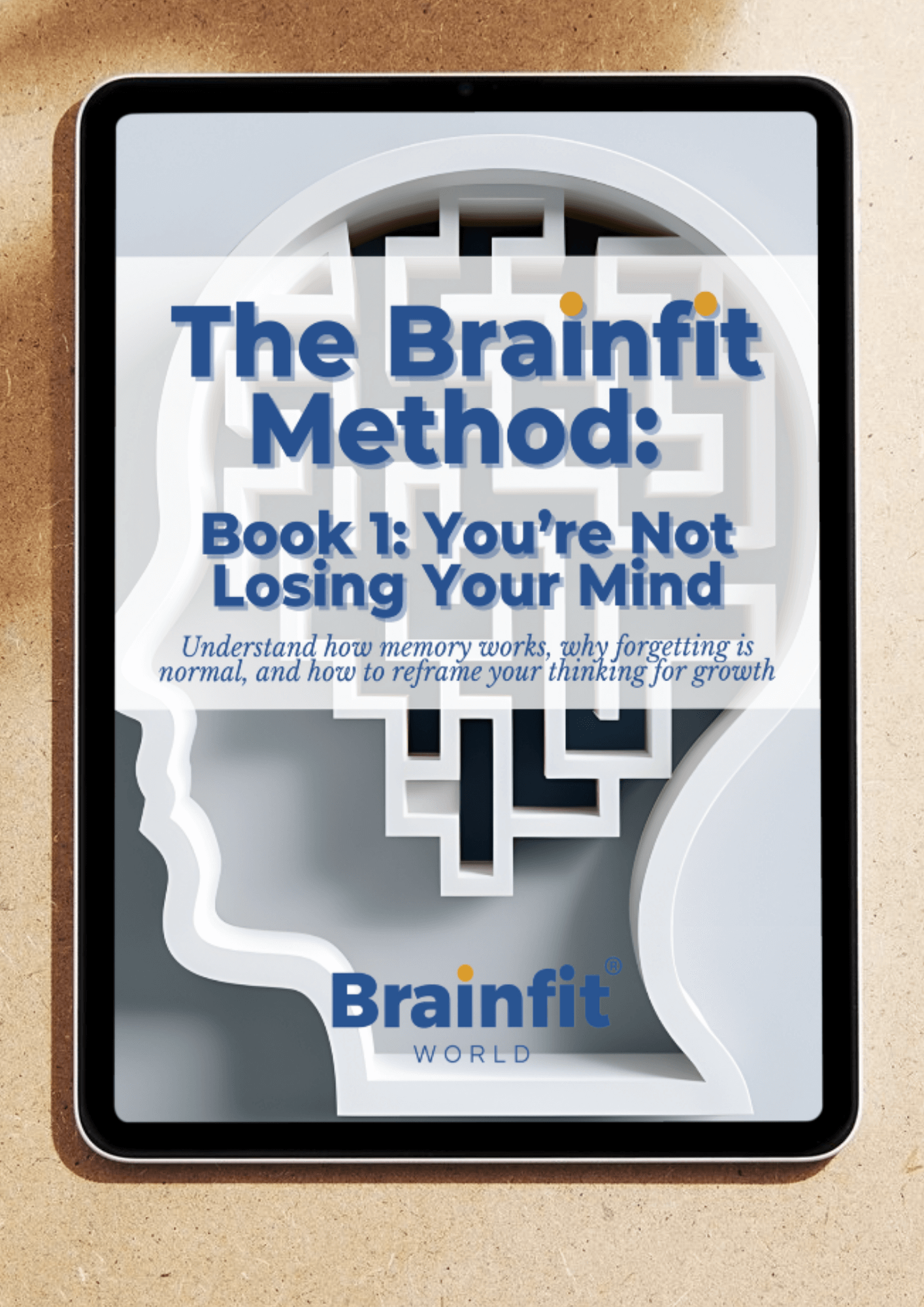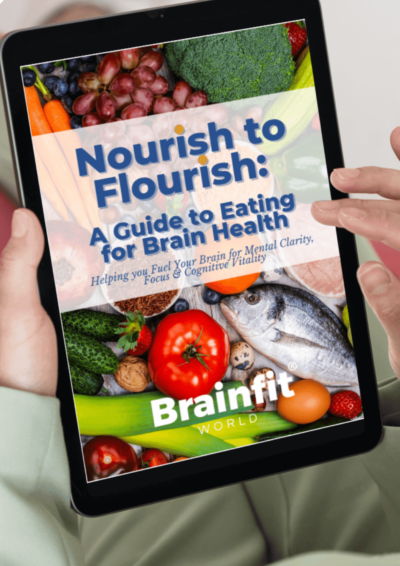By Timi Gustafson, R.D.
 For the longest time, nutrition experts have emphasized the importance of eating breakfast. But while numerous studies have been conducted on the subject, it has never been scientifically proven that having a meal at the start of the day can make a significant difference for our nutritional health and wellbeing.
For the longest time, nutrition experts have emphasized the importance of eating breakfast. But while numerous studies have been conducted on the subject, it has never been scientifically proven that having a meal at the start of the day can make a significant difference for our nutritional health and wellbeing.
Now, two studies have questioned just that.
Most of the past research focused on the eating habits of study participants and observed certain advantages among those who ate breakfast by comparison to those who didn’t.
For instance, several studies, including some sponsored by the government, found that school children who came to class hungry were less attentive and scored lower in academic tests than their well-fed peers, which shouldn’t come as a surprise.
Among adults, taking time for breakfast seems most beneficial for those who try to lose weight. A number of studies have found that breakfast eaters have an easier time to control their cravings than their breakfast-skipping counterparts, thereby keeping them from overeating later in the day.
But again, these are observational studies that don’t really tell us whether having breakfast can actually contribute to weight loss, although many health experts like to think so.
By contrast, the latest studies first mentioned above tried to shed some light on the actual effects of breakfast on the body in terms of metabolic and cardiovascular health.
One study, conducted at the University of Alabama, concluded that neither eating nor foregoing breakfast had any discernible impact in terms of weight control.
The other, this one from the University of Bath in England, also found that breakfast habits didn’t produce noticeable differences in metabolic or cardiovascular health either way, although it seemed that breakfast eaters fared better in controlling their blood sugar levels in the afternoons and evenings, and seemed overall more energetic and physically active.
As it is so often the case with nutrition science, these latest findings are likely to leave the public as confused as ever. There is, however, I think, another point to be made that researchers routinely either overlook or consider beyond the scope of their work.
As with all habits, the effects, good or bad, intended or not, manifest themselves only over time. Most studies, the most recent included, are limited in their number of participants and their duration. They also have a specific focus that prevents them from looking at the larger picture.
For example, if we want to know more about the importance of breakfast for overall nutritional health, shouldn’t we also be interested in how it influences people’s eating behavior in other ways?
We could ask whether individuals who eat breakfast are more health-conscious to begin with than others who don’t. What food choices do they make? If they adhere to a nutritious, well-balanced diet in the morning, do they stick to a similar regimen all day? Or conversely, if they eat poorly later on, why should we expect them to do better at breakfast?
In other words, the distinguishing feature here is probably not whether people choose to have breakfast or not, but rather whether they follow an altogether healthy lifestyle, of which breakfast may or may not be a part.
If health is the overriding principle, as it should be, a health-conscious person will give his or her body what it needs and when it needs it. And yes, there is plenty of indication that a good start requires appropriate fueling – a.k.a. breakfast. But more importantly, it can set the tone for sound eating habits throughout the day.
———————-
 Timi Gustafson, RD, LDN, FAND is a Registered Dietitian, health counselor, book author, syndicated newspaper columnist and blogger. Timi completed her Clinical Dietetic Internship at the University of California Medical Center, San Francisco. She is a Fellow of the Academy of Nutrition and Dietetics, an active member of the Washington State Dietetic Association, and a member of the Healthy Aging, and Wellness Nutrition practice groups. USA.
Timi Gustafson, RD, LDN, FAND is a Registered Dietitian, health counselor, book author, syndicated newspaper columnist and blogger. Timi completed her Clinical Dietetic Internship at the University of California Medical Center, San Francisco. She is a Fellow of the Academy of Nutrition and Dietetics, an active member of the Washington State Dietetic Association, and a member of the Healthy Aging, and Wellness Nutrition practice groups. USA.
Reprinted with the author’s permission.





I would like to know the views on intermittent fasting that results in not eating breakfast till midday
I have always felt that a good nutritional breakfast is important, especially incorporating protein and whole grain carbohydrate, and tried to do this all my life.